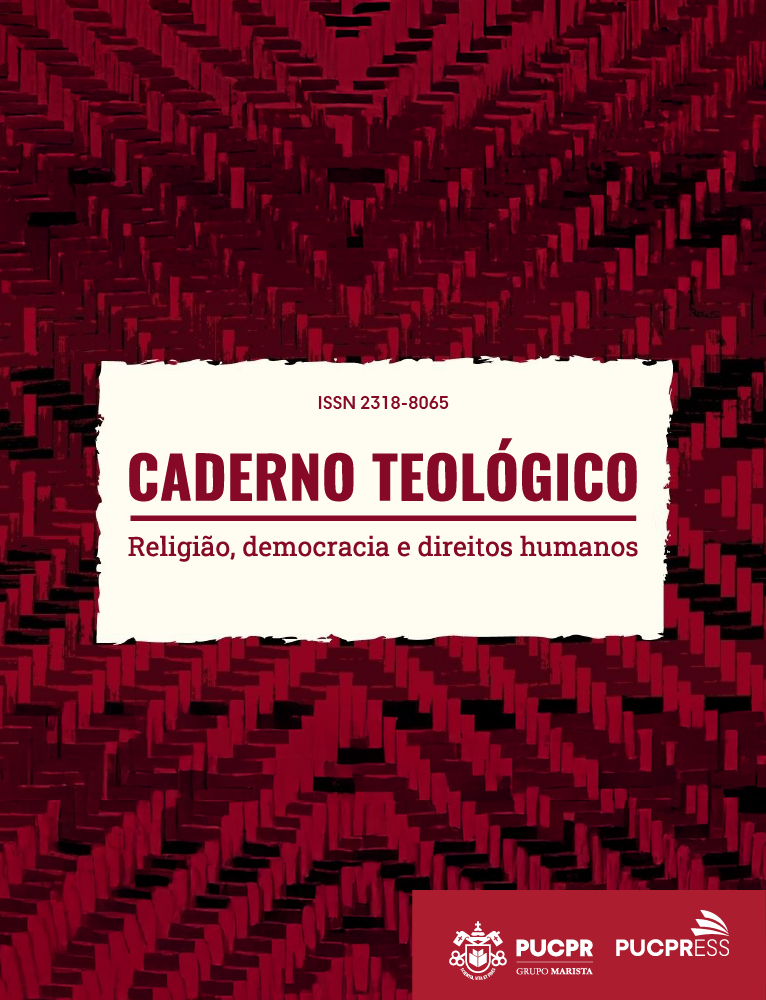Uma leitura teológica da declaração Islâmica do clima.
DOI:
https://doi.org/10.7213/2318-8065.08.02.p75-90Abstract
This paper proposes as an increase in the theological education of the student researcher, to favor an interdisciplinary and interreligious look. Such an approach is justified since in all topics, the Declaration is illuminated by the Islamic theology of Creation, which qualifies as the work of Allah and the human being as his vicegerent on earth. Thus, our object of study announces itself as a theological reading of the Islamic Climate Declaration. The overall objective is to examine the theological foundations of the Islamic Climate Declaration (2015), referring to the Creator, humanity and the environmental care of the Earth, clarifying its notions and its scope. This will be achieved through a literature review. For the analysis of the researched theme, we started from the accurate translation provided by the advisor professor of the PIBIC Projects referred to the document, Dr. Marcial Maçaneiro, with references to the Qur'an and international climate agreements/protocols. The declaration is framed between the Islamic theology of Creation and the urgency of controlling the emission of greenhouse gases, imposed by the acceleration of climate change. In this context, the Declaration makes a diagnosis of the planet, presents specific appeals with strategic interlocutors, from oil producers to educators. Finally, the arguments and recommendations of the Declaration will be verified, bearing in mind the theological notions involved and their fields of application to the ecological crisis and the issue of climate change. The conclusions drawn will be drawn according to each objective; including other references accessed in the course of the analysis; in view of the possible publication of the results. With regard to the results, the Declaration covers different fields (Creation Theology, Environmental Law, Role of Science and Politics); favors the rapprochement between Christianity and Islam in their commitment to the environment; shows convergences with the Encyclical Laudato Si'.









